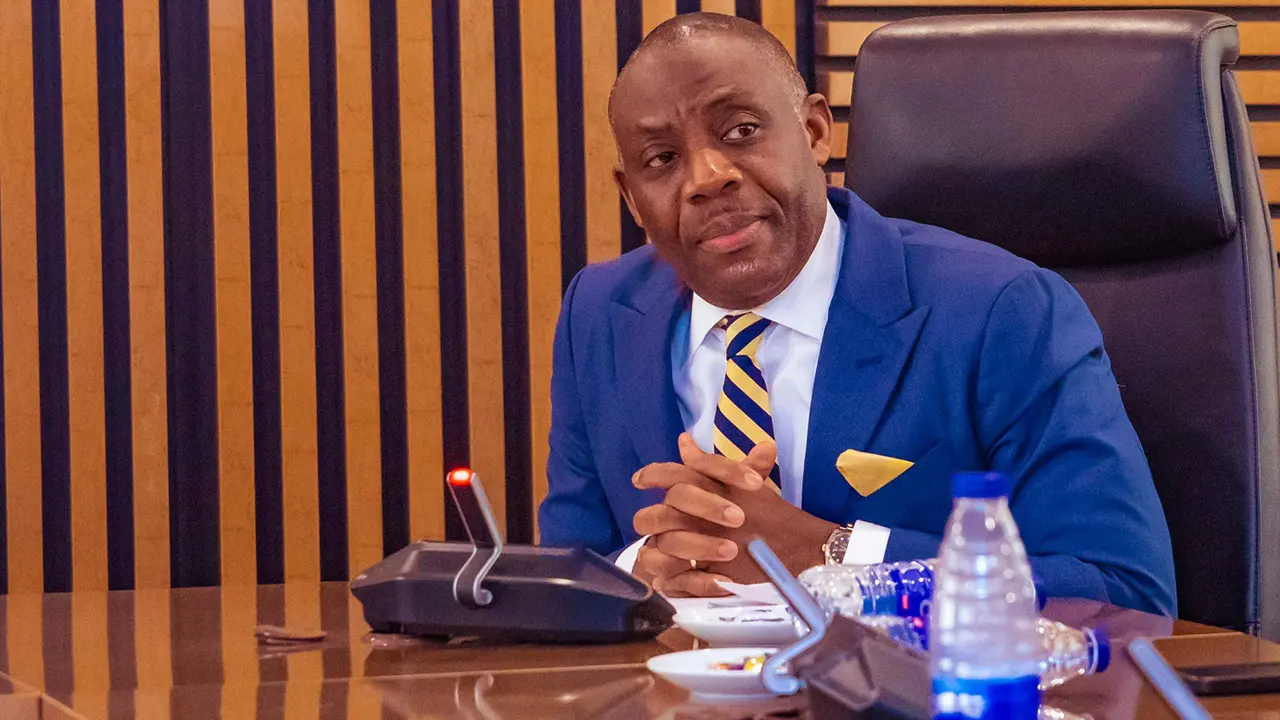EDUCATION

FG ENDS MOTHER TONGUE TEACHING, MAKES ENGLISH OFFICIAL IN SCHOOLS
The Federal Government has reversed its 2022 National Language Policy, which mandated that children from early childhood to Primary Six be taught in their mother tongue or the language of their local community.
On Wednesday in Abuja, the Minister of Education, Dr. Tunji Alausa, announced that English will now be the language of instruction across all levels of Nigerian schools, from primary to tertiary.
Speaking at the opening of the Language in Education International Conference 2025, organized by the British Council, Alausa cited poor student performance in public examinations as a key reason for the change, noting that instruction in the mother tongue had hindered learning outcomes.
According to him, evidence-based research conducted by his ministry showed that the policy had negatively impacted education, with pupils often advancing to higher grades without mastering essential skills.
“The National Policy on Language has been cancelled. English is now the language of instruction in our schools, from primary to tertiary levels. Language is one of the most important tools in education, and this change will enhance teaching and learning across all subjects,” Alausa said.
He highlighted the challenges of implementing mother tongue instruction in a linguistically diverse country like Nigeria.
“The 2022 policy required mother tongue instruction from Primary One, but supervision and implementation varied greatly across geopolitical zones,” he explained. “Our review, which combined data analysis with practical observations, revealed that using mother tongue extensively from Primary One to Primary Six, and even in early secondary school, has undermined learning. Many students progress to national exams like WAEC, JAMB, and NECO without adequate knowledge, leading to poor results.”
Alausa also pointed out regional language disparities, saying, “Exams are conducted in English, yet instruction was in mother tongue. In Borno, the mother tongue is Hausa, but many speak Kanuri. In Lagos, areas like Ajegunle have mostly southeastern populations, but most teachers are from the southwest. A unified approach to language instruction is necessary.”
Donna McGowan, Country Director of the British Council, Nigeria, noted that the conference provides a platform for policymakers, educators, and researchers from Africa, South Asia, and the UK to improve English proficiency and explore language’s role in enhancing learning outcomes and inclusion.
The 2022 National Language Policy had aimed to promote indigenous languages and preserve Nigeria’s cultural heritage, recognizing the country’s more than 600 languages, 29 of which are extinct. However, challenges such as developing teaching materials, training teachers, and managing linguistic diversity hindered its implementation.
"This represents a significant development in our ongoing coverage of current events."— Editorial Board









